Reviews
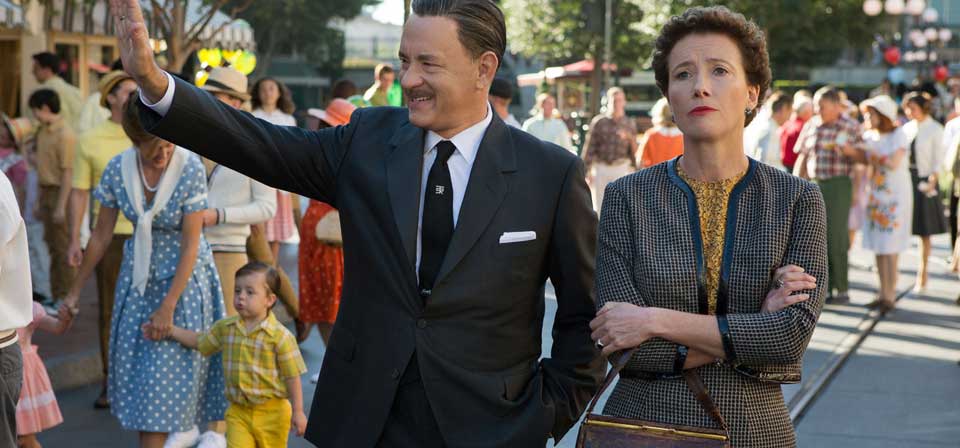
Saving Mr. Banks (2013)
Tom Hanks as Walt Disney. That’s almost enough to sell the picture by itself, isn’t it? Who but Hanks can one imagine in the role?
The Hobbit: The Desolation of Smaug (2013)
Now, two installments into the epically epic trilogification of Tolkien’s slender fairy tale for children, it seems Jackson and company have only one abiding goal: to keep one-upping themselves with ever more preposterous action sequences, nastier violence and more inappropriate humor.

Frozen (2013)
Frozen may be the most tragic fairy tale in the Disney canon, which is saying something.
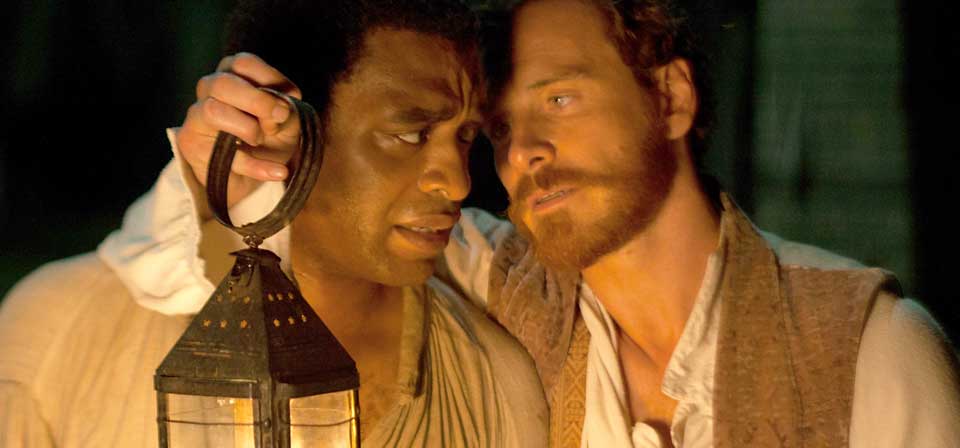
12 Years a Slave (2013)
What if I were to tell you that there has never until now been a major historical motion picture about the slave experience in America? Could that possibly be true?
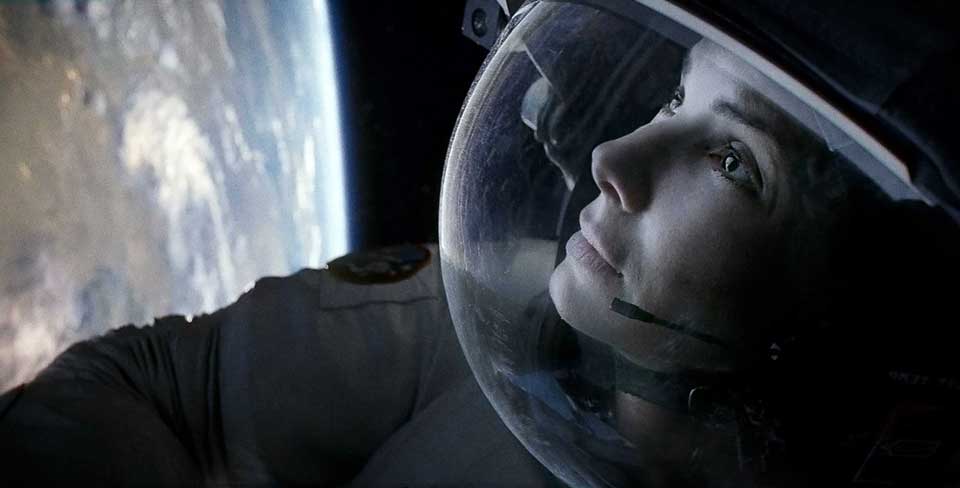
Gravity (2013)
Gorgeous, nerve-racking, literally awesome, Gravity takes us to a world much nearer in both time and space than Duncan Jones’ Moon; nearer even than the layer of satellites that our mobile phones and GPS devices talk to every day: only about 350 miles away, in the low Earth orbit of the Hubble Space Telescope. Roughly the distance from Los Angeles to San Francisco — but oh, that’s far enough.
Planes (2013)
Both the big race and international flavor recall Cars 2 as well as DreamWorks’ Turbo, the protagonist of which had the same personal crisis as Dusty, a longing for speed he wasn’t built for. Yet Planes, in its modest way, cannily avoids the pitfalls that made those films unsatisfying.
The Wolverine (2013)
It’s not a great film, but it’s a pretty good one. This year, that’s enough to make The Wolverine not only the season’s best superhero film, but arguably its best popcorn action movie: a gingery palate cleanser in a summer of overcooked Big Macs.
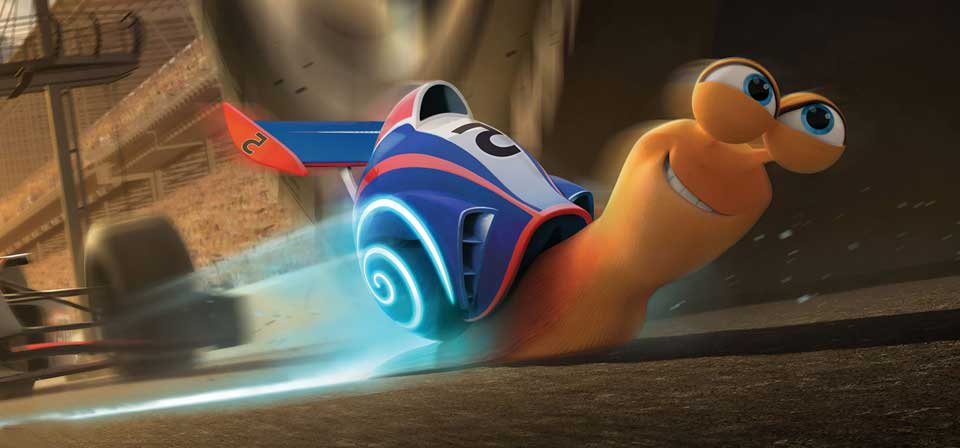
Turbo (2013)
At some point, alas, it becomes apparent that Turbo’s more daring elements are all surface, and the story is locked into a well-worn path to an all-too-obvious destination. Writing about Monsters University, I noted that, like many other Pixar films, it pours cold water on the familiar family-film platitude that you can achieve anything you put your mind to if you just want it enough. Turbo embraces the platitude.
Despicable Me 2 (2013)
“Dr. Evil without Austin Powers,” I called Gru in my review of Despicable Me. Turning Dr. Evil into Austin Powers (mutatis mutandis, for a family film) is the best possible way to keep the reformed character from losing his mojo. (Oh, how Mike Myers has influenced this discussion!)
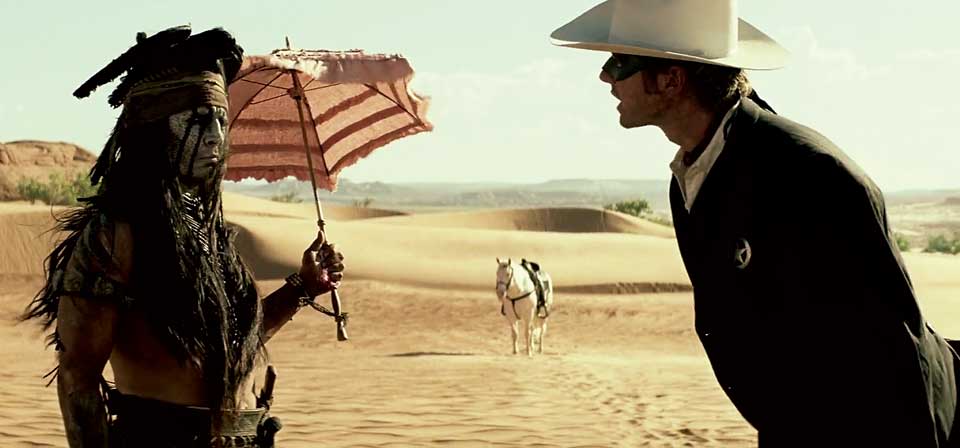
The Lone Ranger (2013)
Even more than Man of Steel, The Lone Ranger is the poster child for our culture’s terminal inability to offer children today heroic role models … I’ve seen many movies that were objectively worse than The Lone Ranger. Very few have made me angrier.
Monsters University (2013)
Monsters University, from first-time director Dan Scanlon, is a charming, well-crafted trifle — at least until the subversive last act, when it sets its sights a bit higher.
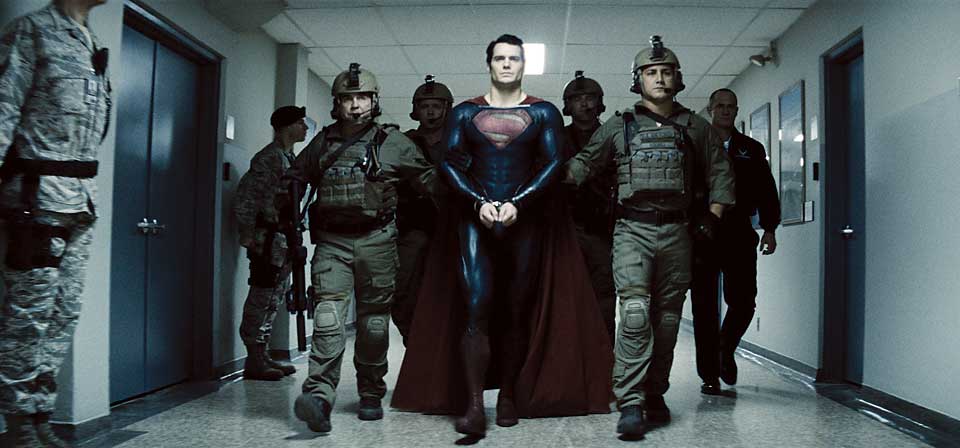
Man of Steel (2013)
To borrow a line from Man of Steel producer Christopher Nolan’s The Dark Knight: This isn’t the Superman movie we need, but it’s the one we deserve.
Epic (2013)
At its best, Epic produces images of poetic power, even grandeur … The catch is that the world the filmmakers create is far more interesting than the story they tell in it or the characters they put in it.
Star Trek Into Darkness (2013)
Star Trek Into Darkness outdoes its predecessor in most respects, except creative ambition.
Iron Man Three (2013)
It’s a potentially promising setup for a slam-bang finale to what has been, despite its flaws, one of the brightest and most entertaining franchises around. Unfortunately, the slapdash plot is pretty much a disaster. A string of miscalculations hamper the fun. And a late revelation, when you stop and think about it, undermines most of the preceding drama.
Oz the Great and Powerful (2013)
Oz the Great and Powerful is brightly colorful, sincere and meant for children. That doesn’t make it good, exactly, but at least it’s basically the right kind of movie, which is saying something these days, alas.
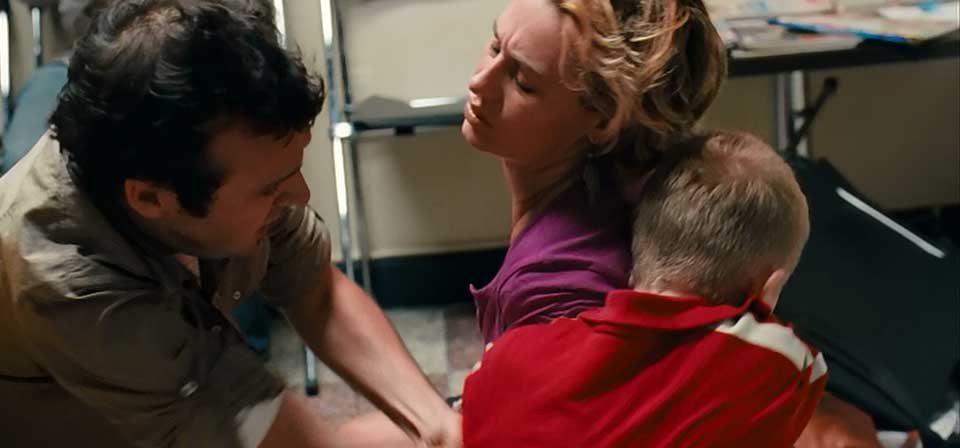
The Kid With a Bike (2011)
Here is a film that will break your heart, fill it with hope and challenge you to say Yes to God and to your neighbor, all at once.
Mrs. Miniver (1942)
Jan Struther, who created Mrs. Miniver for a series of newspaper columns later published in book form, was also the author of a number of Anglican hymns, including “Lord of All Hopefulness” (a staple in our family’s evening devotions). That biographical detail puts an interesting light on the religious elements in William Wyler’s Oscar-winning adaptation, Mrs. Miniver.
Grand Hotel (1932)
Grand Hotel was the first film in history to fully realize the power of the Hollywood star system — the first all-star ensemble Hollywood film.
The Hobbit: An Unexpected Journey (2012)
There is an early moment in The Hobbit: An Unexpected Journey that captures the evocative poetry of Tolkien’s songs — something that The Lord of the Rings films, for all their achievements, never did. By the time the credits roll, that moment feels like it belonged in a very different film.
Recent
- Crisis of meaning, part 3: What lies beyond the Spider-Verse?
- Crisis of meaning, part 2: The lie at the end of the MCU multiverse
- Crisis of Meaning on Infinite Earths, part 1: The multiverse and superhero movies
- Two things I wish George Miller had done differently in Furiosa: A Mad Max Saga
- Furiosa tells the story of a world (almost) without hope
Home Video
Copyright © 2000– Steven D. Greydanus. All rights reserved.